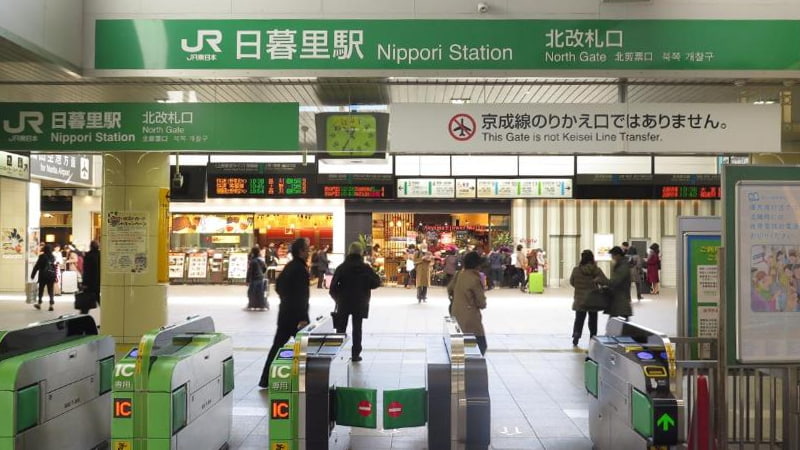It will soon be optional to wear a mask on public trains in Japan. The previous mandatory requirement to wear a mask on trains and indoors is set to be removed.
Instead, you will be able to judge for yourself when to put on a facemask for COVID-19.
The long-standing COVID-19 guidelines are set to be eased, with the Japanese government aiming to return economic and social activities to a state of normality.
Authorities in Japan will still post recommendations on mask-wearing on trains and other public places, although the final decision is yours.
When will the mask-wearing requirement be removed?
According to the latest announcement from the government, masks will no longer be mandatory from March 13, 2023.
From this date, you’ll be free to choose whether to wear a mask on Japan Rail trains and other public transport.
Japan’s guidelines on facemasks
Japan’s official guidelines from March 13 will be that it is unnecessary to wear masks for COVID-19 on the Shinkansen trains. In fact, passengers on any public transport will not have to wear facemasks if they choose not to.
However, the government continues to issue guidelines and recommendations about when it would be useful to wear a mask.
It will be recommended to wear a mask in the following situations:
- On public transport during rush hour
- On crowded trains or buses
- When visiting a medical institution
- When interacting with elderly or at-risk individuals
- If you are experiencing possible symptoms of COVID-19
The current guidelines recommend wearing a mask when it is not possible to maintain a distance of 2 meters or more between yourself and others.
You should also wear a mask when sharing a space with others that has poor ventilation.
Read more: Japan train etiquette: Understanding Japanese manners
Japan’s downgrades COVID-19 and eases medical rules
During the pandemic, Japan has designated COVID-19 “Class 2” — a risk to public health equivalent to SARS and tuberculosis.
From May 5, 2023, it will be downgraded to “Class 5”, which covers common infectious diseases such as seasonal flu.
With this change in policy, most of Japan’s COVID-19 travel restrictions will be eased.
Quarantine requirements for those infected or in close contact with the virus will also be removed.
The wearing of masks at schools will also stop being compulsory from the start of April and the new academic year in Japan.
A health ministry panel of experts made the decision to downgrade the coronavirus in January, with the change in status coming into effect in May.
Prime Minister Fumio Kishida has indicated that these latest decisions will return Japan to normal and revitalize the economy:
“We will take necessary steps to curb the spread of COVID-19 so that we can return to normal life at home, school and work, and in all areas of the community.”
